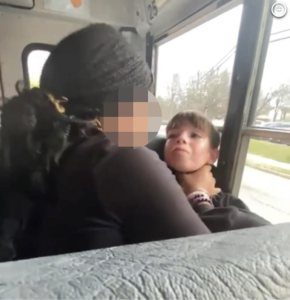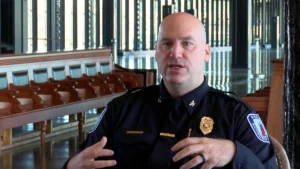by James C. Sherlock
Every Virginia Democratic member of the U.S. House of Representatives voted against a bill to amend Title IX to prohibit biological boys and men from competing against biological girls and women in K-12 and college sports.
Voting nay: Donald Beyer, Gerald Connolly, Jennifer McClellan, Bobby Scott, Abigail Spanberger and Jennifer Wexton.
H.R. 734 Protection of Women and Girls in Sports Act of 2023 amends Title IX (“on the basis of sex”) by stating that the term “sex” in athletics shall be recognized based solely on a person’s reproductive biology and genetics at birth.
The consequences of a no vote. H.R. 734 protects the dreams and hard work of girls who wish to play college sports.
The ones who got up early and stayed late training for their sport. The ones whose parents ferried them to practice and games on weekends.
It protects girls and young women in contact sports such as soccer and field hockey from inevitable injury from bigger, stronger, faster men.
Indeed, it protects their ability to participate.
It prevents the biological male who never won a medal from deciding — no hormones or surgery required — he is female to mount the platform and be awarded the gold. To break records set by girls and women.
To get rich with the new NIL rule in college sports and richer yet in women’s professional sports.
Everyone who thinks that won’t happen, raise your hand. Continue reading






 by Jon Baliles
by Jon Baliles by Hans Bader
by Hans Bader 

 by Hans Bader
by Hans Bader


